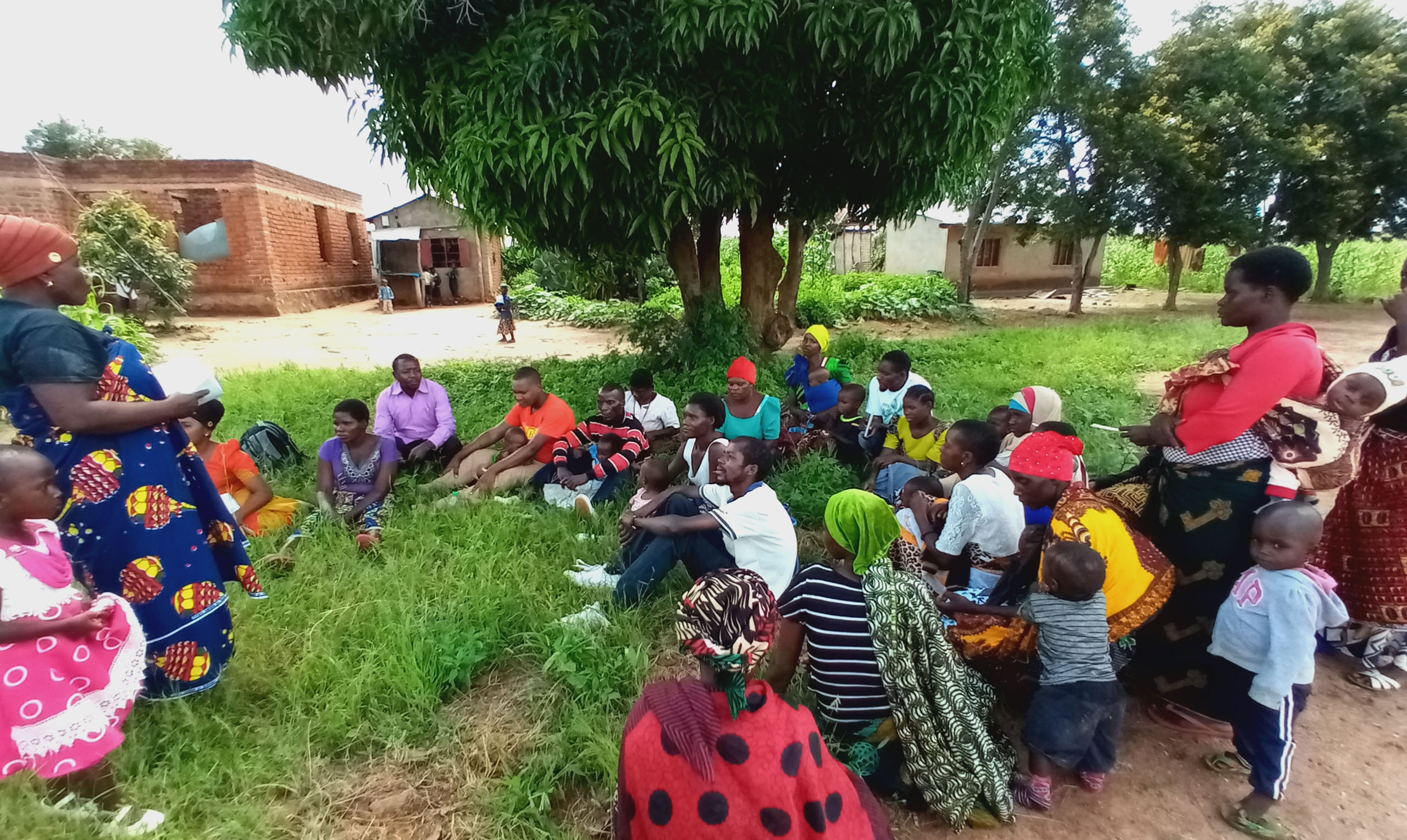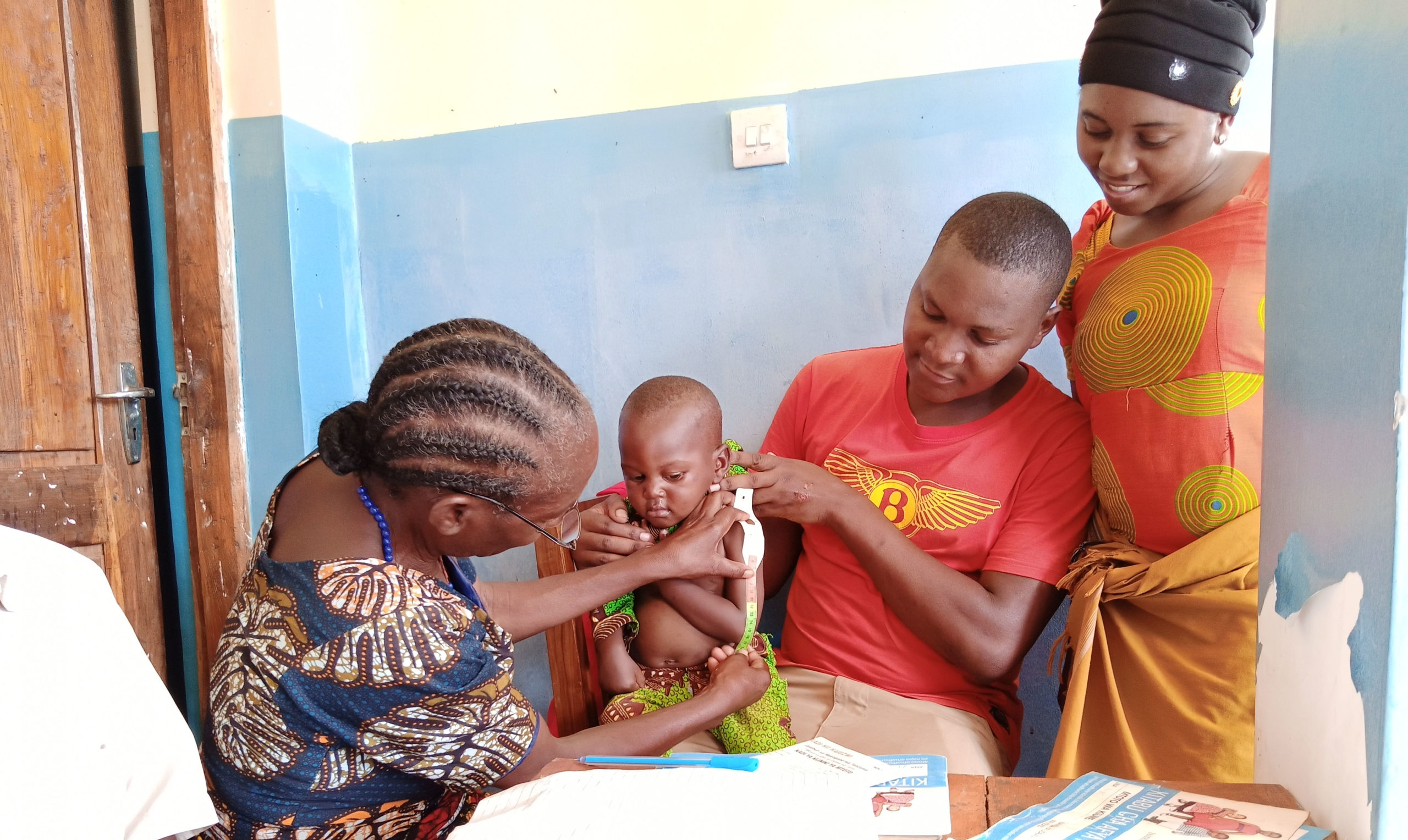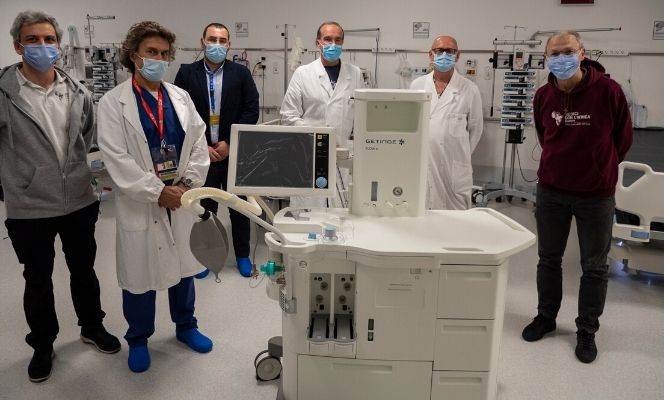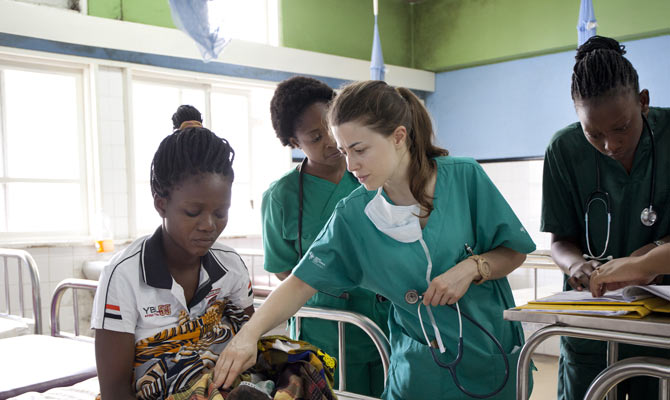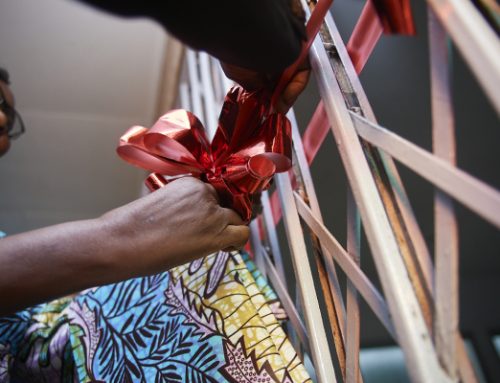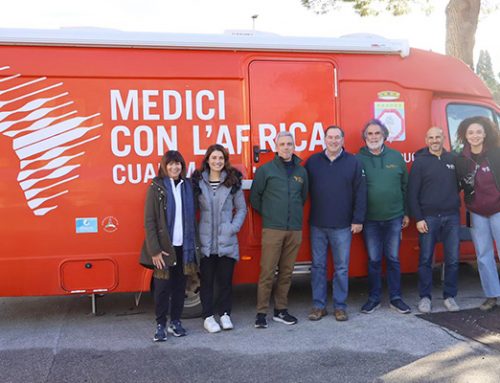Within the broad spectrum of child health intervention, one of the aspects that both research and field based implementing agencies are focusing on is male engagement.
Doctors with Africa CUAMM is making efforts to integrate meaningfully men’s participation into health services and programmes, especially with regards to nutrition programs. Indeed, even if men are not directly involved in feeding children or taking them to health facilities, they are often the ones administering household’s finances or giving women permission to take part to community nutrition activities. Among barriers that men face are: lack of time and flexibility due to work, cultural habits and belief around the role of women in taking care of children, and a health system that is designed to be accessed mainly by women.
In Tanzania, in the region of Iringa and Njombe, Doctors with Africa CUAMM is implementing a program that aims at contributing to the reduction of prevalence of stunting. The program intends to create awareness on nutrition related and early childhood development issues to ensure mothers/caregivers of children under two access better health, nutrition and ECD services and fathers are well involved and participate from the very beginning in child upbringing.
Ally Yahaya Nyaulingo, 30 years old, father of Clayan who is 1 year old and seven months, is among the beneficiaries of the project and member of a counselling group in Kising’a village in Iringa DC. He has been participating in community sessions as he saw the importance of his involvement in the proper upbringing of his child with constant awareness provided by facility health care workers during clinic sessions as well as by Community Health Workers during community group counselling sessions.
“I love and care for my family. I have seen other children whose fathers were not responsible and their health had deteriorated with severe malnutrition and from there I saw the importance to participate and support my wife in the upbringing of my children by attending counselling group sessions and by sending my child to village health and nutrition days with my wife. By doing so I am in the position to understand the nutrition status and progress of my child. I want to ensure my child stay healthy, bright when starts school and not stunted or severely malnourished”.
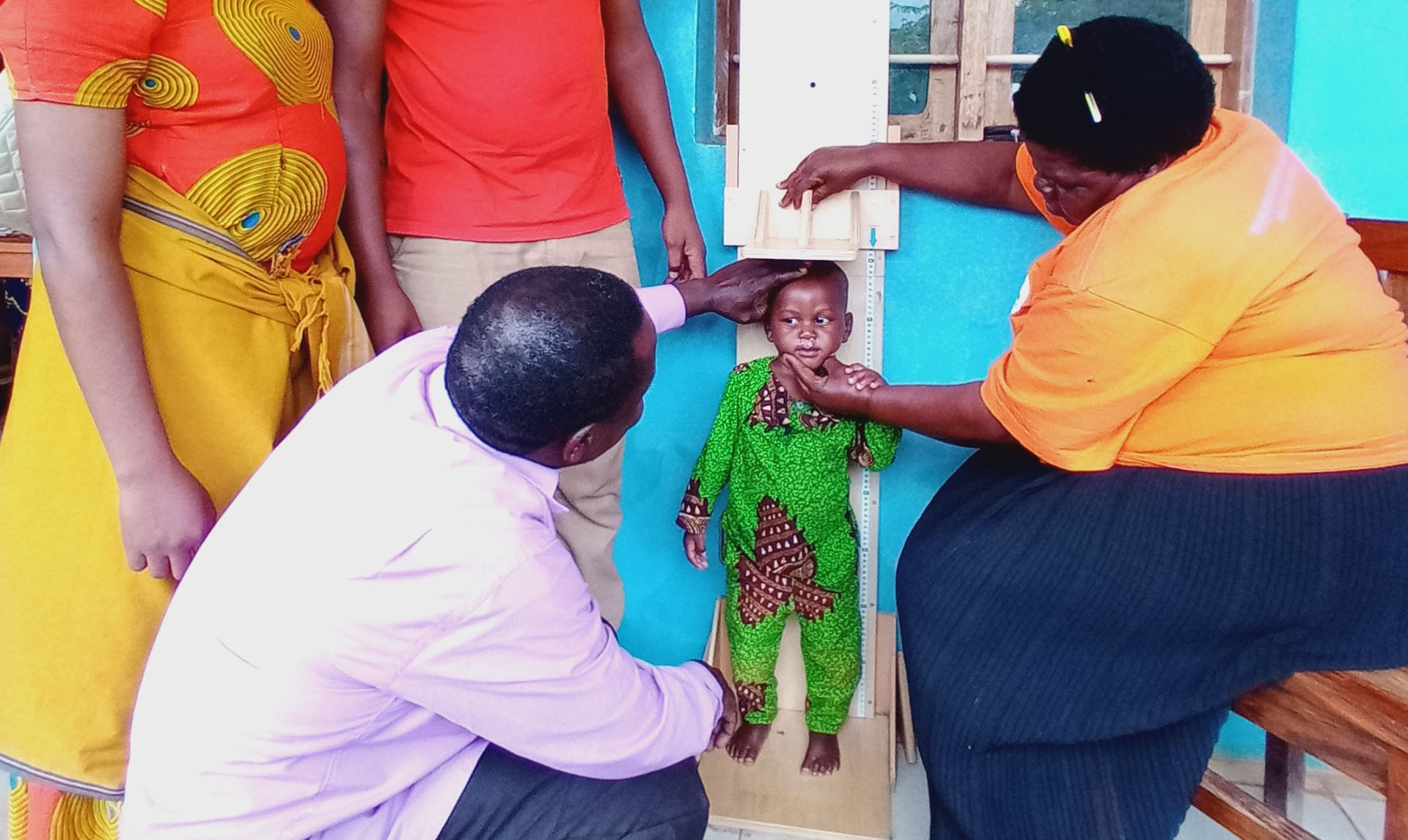
He has advised his fellow fathers to self-recognize the responsibilities fathers have in ensuring a healthier family. “Men are very much dealing with negative norms and taboos in supporting their wives on matters related to taking care of children. Having peer men counselling groups during these events would create a room for them to be more educated and discuss all issues related to positive parenting and responsive caregiving”.
